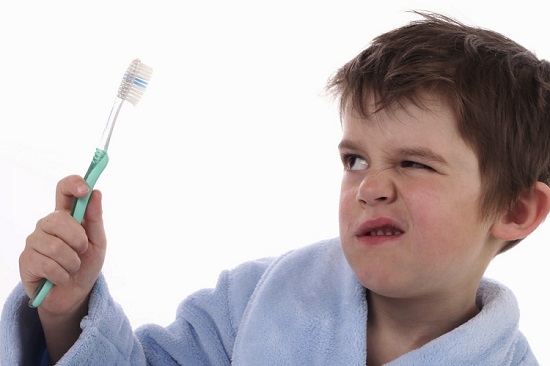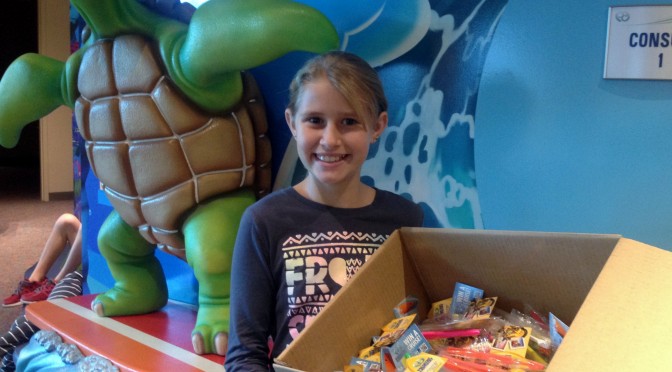
4 Reasons You SHOULDN’T Give In to a Child Who Refuses to Brush their Teeth
It’s just another normal morning routine — getting the kids out of bed on time, making breakfast, getting everyone dressed, and – of course –[…]
The Tooth-y Two’s: How to Care for Your Toddler’s Teeth
Ahhh, the terrific two’s. (That is the saying, right?) By now your child is sprouting some pearly whites, you’ve already been in to see the[…]
The #1 Key to Your Child’s Oral Health
Children today have a much better shot at a lifetime of good oral health than their parents did simply because of the recent improvements in[…]
Dental Care Before, During, and After Your Pregnancy
Congratulations on your pregnancy! The next few months will be a whirlwind of activity – sharing the exciting news with your friends and family, picking[…]

Pediatric Dentistry of Ft. Myers donates to Tropic Isles Elementary
FORT MYERS, Fla. (January 16, 2015) – Pediatric Dentistry of Ft. Myers, Dr. Tim Verwest, DMD donated 100 toothbrushes to Tropic Isles Elementary community problem[…]
Are Cavities Really Contagious?
Surprisingly, yes. The #1 chronic childhood disease – dental caries – is actually an infectious disease. Moreover, since babies spend a whopping majority of their[…]
The Psychological Consequences of Bad Teeth
It’s easy to see the physical benefits of good teeth – proper chewing (which allows for a good diet), sleeping well (without chronic pain from[…]
The 5 Subconscious Habits You’re Doing that Damage Your Teeth
We all have times when we’re running on autopilot, and we’re pulled in a million different directions. At these times, you might not even realize[…]
Did You Know: Toothbrush Trivia
The toothbrush you recognize today was not invented until 1938. Before then, people would chew on the end of a twig to splay it and[…]
